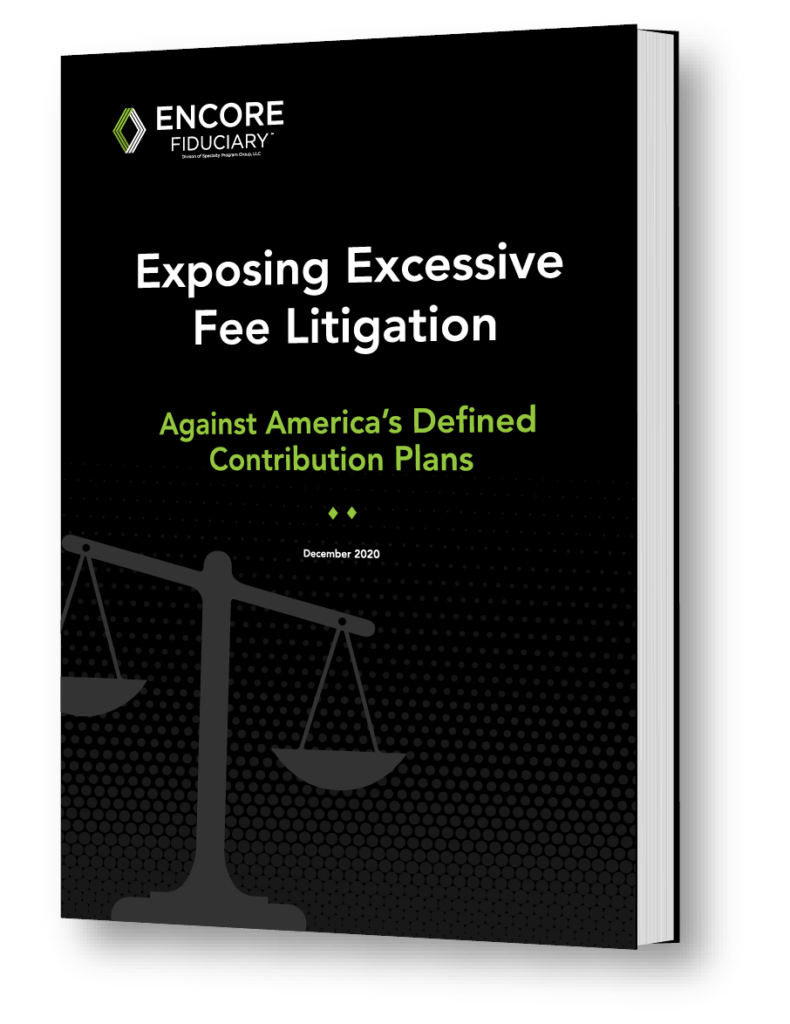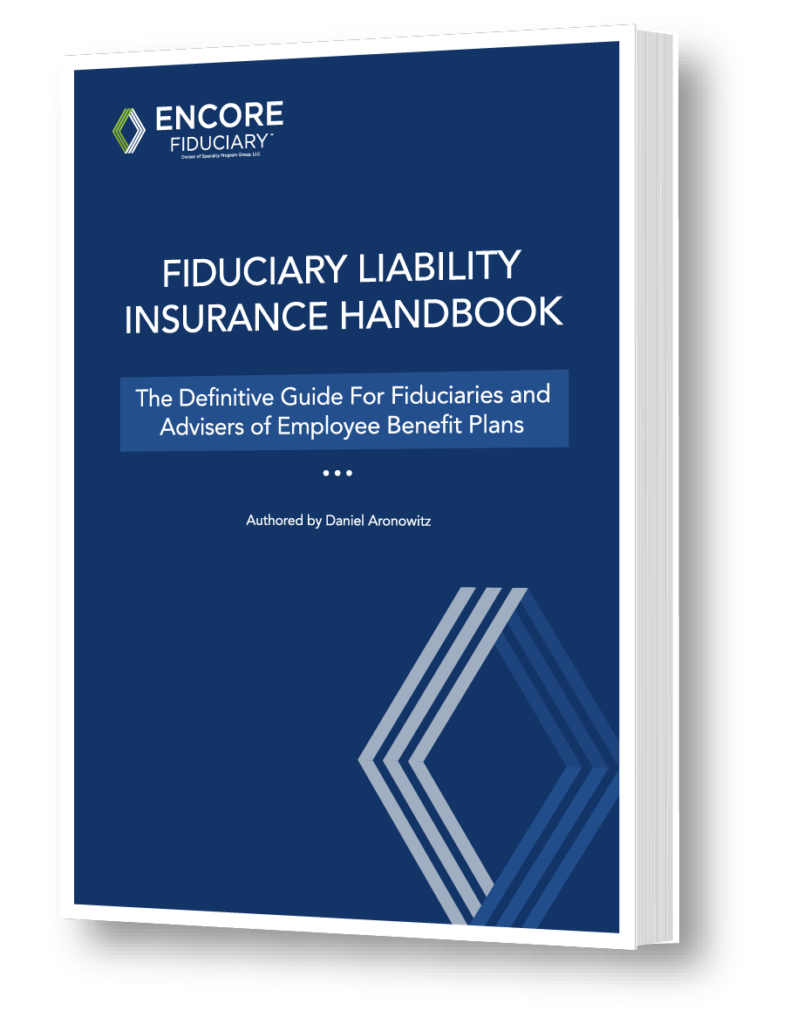It is hard to keep up with the recent flurry of purported excessive fee cases being filed following the Supreme Court’s decision in Hughes v. Northwestern. If the pace continues from the first quarter, we are on track for eighty to one hundred cases in 2022. Some of these cases allege what might be legitimate claims of high fees. But many of these cases are improperly suing plans with low fees based on prejudicial circumstantial evidence.
We find most offensive the cases that attempt to mislead and prejudice the court by intentionally citing to incorrect or misleading investment and fee information. We previously highlighted the misleading claims in Lourdes M. Teodosio v. DaVita, Inc. in which the Capozzi Adler law firm asked the court to infer imprudent investment options based on three actively-managed investments, when in fact the plan was dominated by low-cost index funds. On March 18, 2022, the same law firm filed a copy-cat lawsuit in Adams v. Dartmouth-Hitchcock Clinic with the same type of misleading claims. Once again, these lawyers have asked the court to infer that the plan was filled with high-cost investments when in fact the plan has a low all-in fee structure with mostly index investment options. The law firm has also mispresented the recordkeeping fees based on faulty estimates when they had fee disclosures from which to cite truthful information. But the excessive fee business model is not about the truth. The Dartmouth-Hitchcock Clinic purported excessive fee case is another strike lawsuit designed to shake down the sponsors of America’s quality defined contribution plans.
The Dartmouth-Hitchcock Clinic Excess Fee Case
Dartmouth-Hitchcock sponsors 401(a) and 403(b) plans that plaintiffs have combined for purposes of their claims that the plan fiduciaries imprudently allowed unreasonable plan fees. The combined assets are $1.9B for 2020 with 31,256 participants. The entire purported evidence of excessive investment fees is that the plan offered four active funds with fees that exceeded the total plan ICI 2021 Median of .30% for domestic equity and .50% for international equity, and the total plan ICI 2021 Average of .34% for Domestic Equity and .49% for international equity: (1) T. Rowe Price Institutional Small Cap Stock – .67%; (2) Sound Shore Institutional – .75%; (3) T. Rowe Price Equity Income – .64%; and (4) Harbor Diversified International All Cp Institutional — .80%. From these four investment options, paragraph 67 alleges that “[i]t is unlikely the Defendants engaged in a prudent process from 2016 through 2020 since the Plans contained at least four funds that had excessive expense ratios when compared to their peers from 2016 to 2020.” Paragraph 68 states that the “failure to obtain reasonably-priced and properly performing investments from 2016 to 2020 is circumstantial evidence of their imprudent process . . .”
Based on this flimsy circumstantial evidence of four active investment options, plaintiffs want the court to infer that the rest of the plan was filled with high-cost and poorly performing investments. But this is false – and plaintiffs know it is false. To the contrary, the plan financials and fee disclosures reveal that the all-in fee for this plan is a super low .16% – approximately one-half of ICI median and average cited in the Complaint. The reason the investment fees are so low is that the QDIA is the .09% State Street Target Date funds in the lowest K institutional share class. The plan also has eight Vanguard index funds priced at .05% to .12%. Approximately 90% of the plan’s assets are in the low-cost index funds, and not in the four active funds cited by Plaintiffs. Just to be clear, the complaint is an intentional distortion of the true low-cost fees and investments offered by this high-quality and low-cost plan.
The distortion continues with the false claims of the “devasting effect of unchecked recordkeeping and administration fees.” Plaintiffs allege that the recordkeeping fees are estimated at $133 to $44 per participant. But there is no need to provide fake estimates when each plaintiff who is named in the complaint received four quarterly rule 404(a)(5) fee disclosures from T. Rowe Price that state the correct recordkeeping fee of $35 per participant – a reasonable fee based on legitimate recordkeeping benchmarks, and not plaintiffs’ manufactured comparators.
In sum, the claims of excessive investment and recordkeeping fees are based on faulty and misleading circumstantial evidence. All of the claims are refuted by a quick review of the plan financials and fee disclosures mandated by the Department of Labor. Plaintiffs had the true facts, but chose a different path that is all too common in the con game of excessive fee litigation. We will keep exposing these improper lawsuits until courts start dismissing implausible claims and plaintiffs’ lawyers are held to a higher standard that is expected by a fair and impartial judicial system.


